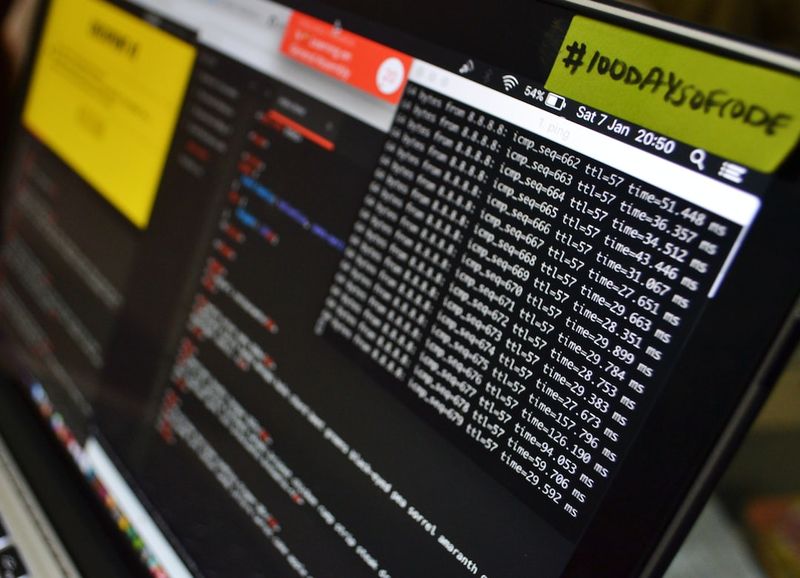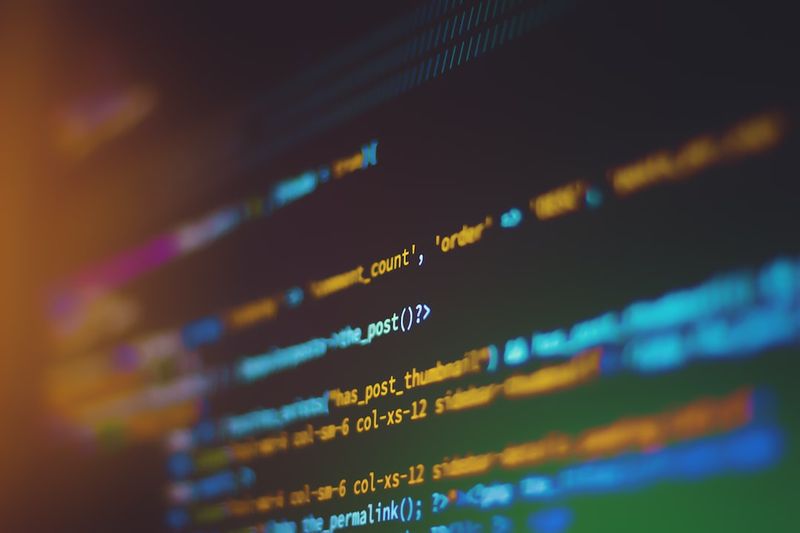Cybersecurity Incident at MGM Resorts Shuts Down Systems
Hospitality and entertainment giant MGM Resorts recently experienced a cybersecurity issue that forced the shutdown of certain computer systems, including the websites for some of its major Las Vegas and New York properties. The incident, which began on Sunday, has all the hallmarks of a ransomware extortion attack, according to experts. MGM Resorts immediately launched an investigation with the help of external cybersecurity experts and notified law enforcement to address the issue and protect its systems and data. As of Monday afternoon, the company’s services remained unavailable.
The Scope of the Cybersecurity Incident
MGM Resorts operates several well-known properties, including Mandalay Bay, Bellagio, MGM Grand, Aria, Luxor, and the Cosmopolitan. The cyber attack affected hotel reservation systems throughout the United States and other IT systems that operate its casino floors. While the company is still investigating the exact nature and extent of the incident, it is clear that the cybersecurity incident had significant implications for the operations of MGM Resorts.
The Impact of Cybercrime on the Hospitality Industry
This cyber attack on MGM Resorts highlights the vulnerability of the hospitality industry to cybercrime. Hotels and resorts handle vast amounts of customer data, making them attractive targets for hackers seeking personal and financial information. Additionally, the interconnectedness of systems and the reliance on technology for daily operations make them more susceptible to cyber attacks. The fallout from such incidents can be severe and have long-lasting consequences for a company’s reputation and financial stability.
The Importance of Internet Security in the Modern Era
This incident is a stark reminder of the importance of robust internet security measures. In today’s digital age, businesses and individuals must prioritize cybersecurity to protect sensitive data and ensure the smooth operation of essential services. Cybercriminals are becoming increasingly sophisticated, using advanced attack methods such as ransomware to exploit vulnerabilities and extort money from their victims. It is crucial for organizations to invest in comprehensive cybersecurity strategies that encompass not only technological solutions, but also employee training and proactive monitoring of potential threats.
Editorial: Addressing Cybersecurity Challenges
The MGM Resorts cybersecurity incident serves as a wake-up call for businesses across all industries. It highlights the urgency for organizations to prioritize cybersecurity and invest in robust defenses against cyber threats. Proper planning, training, and technology can help prevent such incidents and mitigate their impact when they do occur. Moreover, collaboration between private sector entities and law enforcement agencies is essential in investigating and prosecuting cybercriminals.
Additionally, regulators and policymakers should also take note of the MGM Resorts incident and continue to push for comprehensive cybersecurity regulations. By holding businesses accountable for maintaining secure systems and protecting customer data, regulatory frameworks can incentivize companies to take cybersecurity seriously and invest in proactive measures.
Advice for Businesses and Individuals
In light of this cyber attack on MGM Resorts, it is crucial for businesses and individuals to take proactive steps to enhance their internet security:
- Implement robust cybersecurity measures: Businesses should invest in reliable antivirus software, firewalls, and intrusion detection systems to protect against malware and unauthorized access. Regular software updates and patches should also be applied to mitigate known vulnerabilities.
- Train employees on cybersecurity best practices: Regular training and awareness programs can help employees recognize and respond to phishing attacks and other social engineering tactics used by cybercriminals.
- Implement strong access controls: Use multi-factor authentication and strong passwords to secure user accounts and limit access to sensitive systems and data.
- Regularly backup data: Maintaining up-to-date backups of critical data and systems can help in case of a ransomware attack or other data loss incidents.
- Stay informed about emerging threats: Keep up to date with the latest cybersecurity news and trends to understand the evolving threat landscape and implement appropriate security measures.
By following these recommendations and adopting a proactive approach to internet security, businesses and individuals can reduce their susceptibility to cyber attacks and protect their systems and data.

<< photo by Roman Synkevych >>
The image is for illustrative purposes only and does not depict the actual situation.
You might want to read !
- The Stealthy Menace: Unleashing a New Breed of Malware
- Exploring the Ethics and Impact of the ‘Steal-It’ Campaign on OnlyFans Models
- The Power of Adaptability in Enhancing Your Security Strategy
- How to Safeguard Against Phishing Attacks and Data Breaches: Insights from Associated Press Stylebook Users
- AP Stylebook Users on Alert: Phishing Attack Strikes Following Data Breach
- Dymocks Breach: Assessing the Aftermath of an 800k Customer Data Compromise
- Cybersecurity Breach: US Aeronautical Organization Falls Victim to Zoho and Fortinet Vulnerabilities
- United Airlines Outage: A Closer Look at the Cause and its Implications




